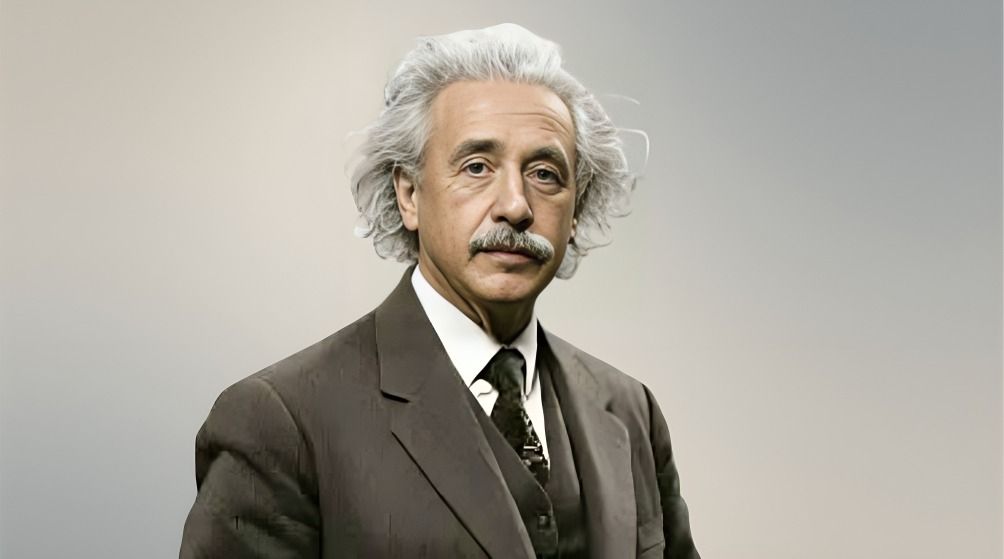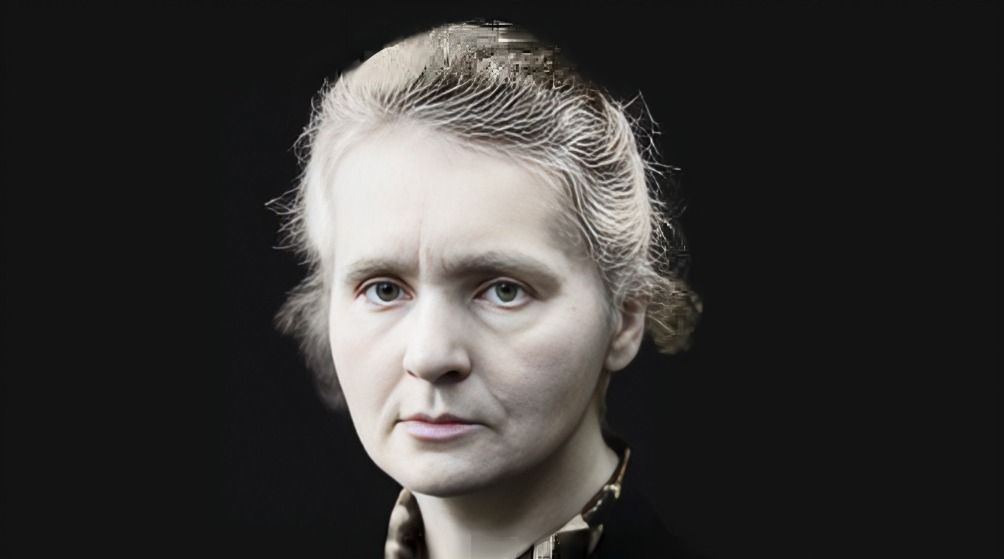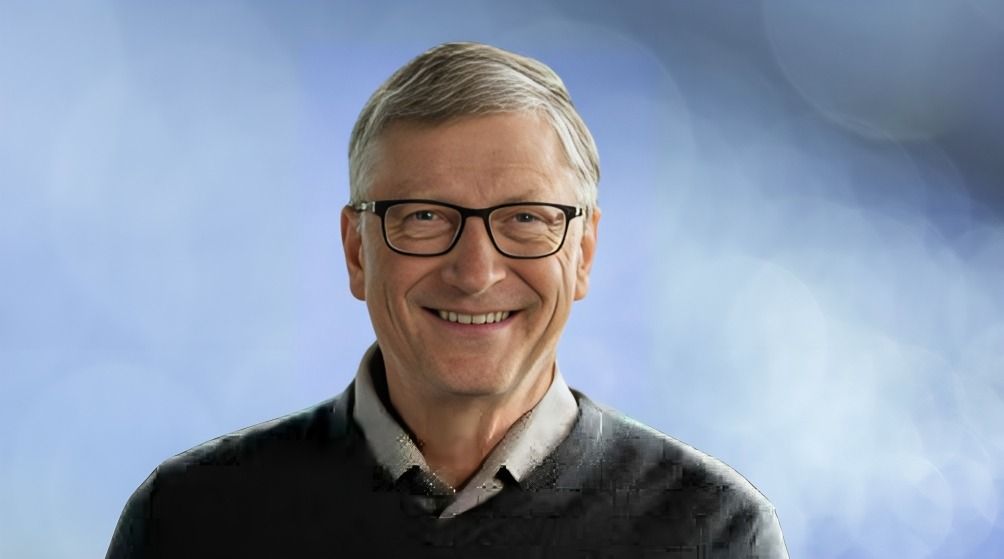
“
Bill Gates is a name synonymous with technological innovation and philanthropy. Known as the co-founder of Microsoft, his contributions to the tech world have shaped modern computing. Beyond his business success, Gates is a fascinating individual with a story full of unexpected twists. In this blog, we dive into 20 captivating facts about Bill Gates, revealing lesser-known details about his journey—from his early passion for programming to his transformation into a leading philanthropist. You'll discover insights into his work habits, personal interests, and the challenges he overcame to build one of the world’s most influential tech companies. Whether you admire him for his business acumen or his charity work, these facts are sure to offer a fresh perspective on Bill Gates.1
”
Bill Gates was born in 1955 in Seattle, Washington. From an early age, he showed a keen interest in computers and programming, setting the stage for his future.1
At the age of 13, Gates developed his first computer program, a simple game called "Tic-Tac-Toe," marking the beginning of his passion for software development.2
In 1975, Gates co-founded Microsoft with his childhood friend Paul Allen. They created a software system for the Altair 8800 computer, launching a tech empire that would change the world.3
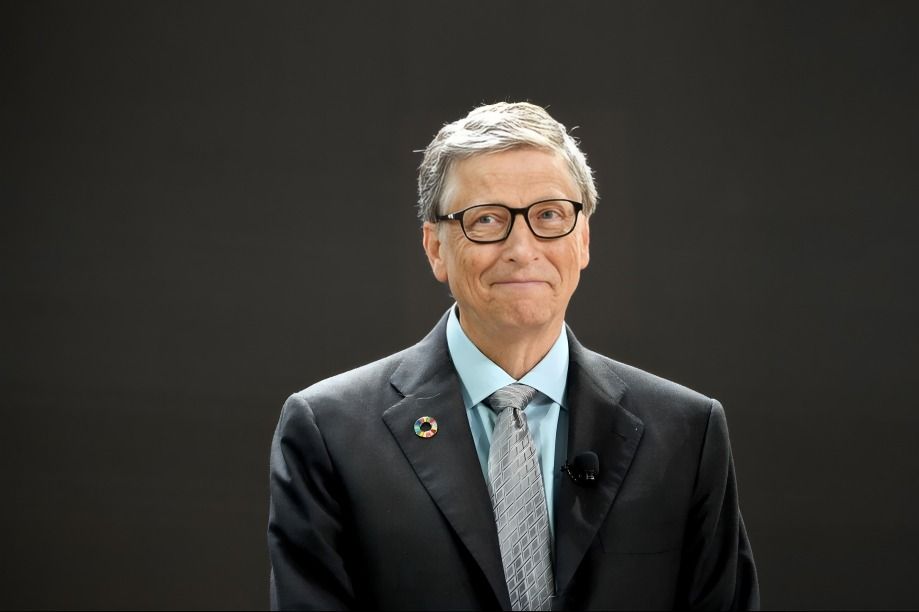
Gates dropped out of Harvard University in 1975 to pursue his dreams of building Microsoft. Despite not finishing his degree, he became one of the wealthiest people on the planet.
In 1980, Microsoft signed a major contract with IBM to supply an operating system for their first personal computer. This deal marked the beginning of Microsoft's dominance in the industry.4
Bill Gates became the youngest billionaire in the world in 1987 at the age of 31, thanks to Microsoft's rapid growth and the success of its software products.5
In 2000, Gates stepped down as CEO of Microsoft to focus on philanthropy. He and his wife, Melinda, established the Bill & Melinda Gates Foundation, dedicated to global health and education.6
The Gates Foundation has donated billions of dollars toward combating diseases like malaria, polio, and HIV/AIDS, as well as improving access to education and clean water.7
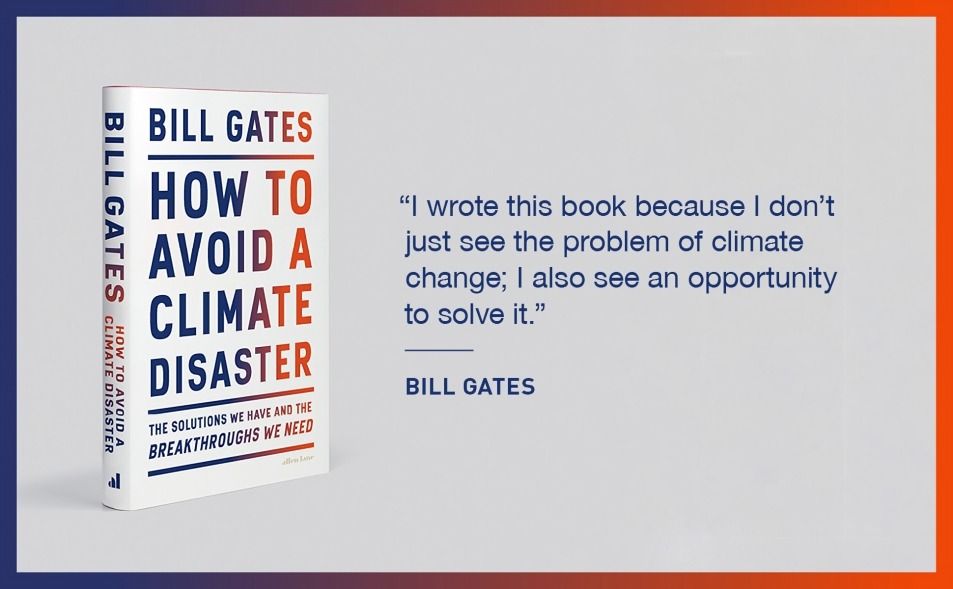
Gates has been a major advocate for tackling climate change, pledging billions toward green energy initiatives. His 2021 book, "How to Avoid a Climate Disaster," offers solutions for the future.
In 2008, Gates announced his decision to gradually step down from his daily role at Microsoft to dedicate more time to philanthropy, making his charitable work his primary focus.8
Despite his immense wealth, Gates is known for living a relatively modest lifestyle, in contrast to many other tech moguls, emphasizing practicality over excess.9
Bill Gates is an avid reader. He reads around 50 books each year and recommends a list of books annually, which offers insights into his wide-ranging interests.10
Gates has been involved in various tech ventures outside of Microsoft, including investing in the renewable energy sector and launching the Breakthrough Energy Ventures initiative to fight climate change.11
In 1994, Gates married Melinda French, a Microsoft employee. Together, they raised three children before announcing their divorce in 2021, continuing to work together on philanthropic causes.12
Bill Gates is also passionate about artificial intelligence (AI). He has written and spoken extensively about the transformative potential of AI in solving global challenges, from health to education.13
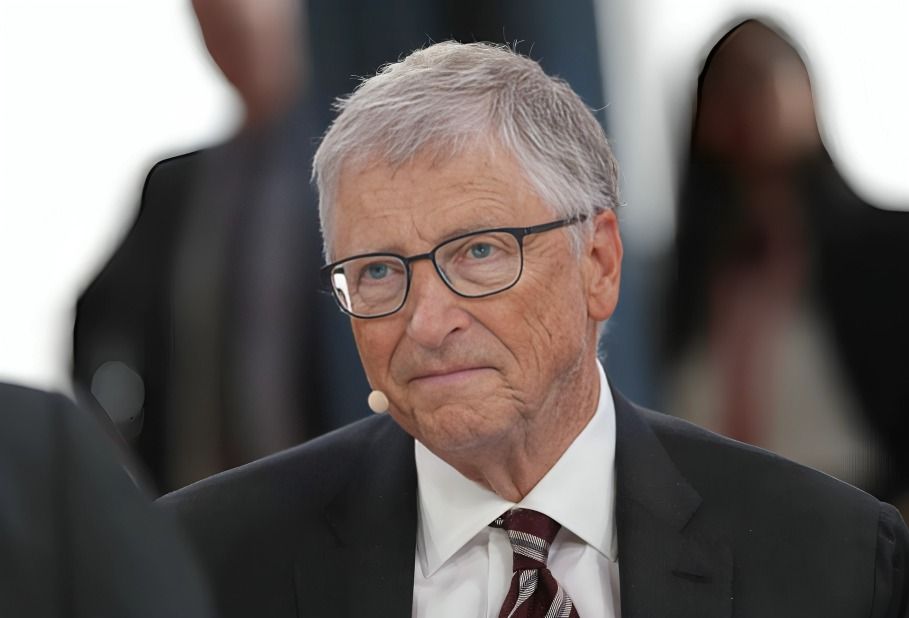
Gates has had a significant impact on global education, contributing to initiatives aimed at improving access to quality education, especially in underprivileged communities around the world.
Bill Gates is a strong advocate for vaccines and immunization, helping to fund vaccination programs that have saved millions of lives worldwide, particularly in developing countries.14
In 2015, Gates was named one of the Time 100 most influential people in the world. His influence stretches far beyond technology, touching issues of global health, education, and climate change.15
Gates is a believer in lifelong learning. He frequently engages in online courses and discussions about a wide range of topics, showing his commitment to personal growth and knowledge.16
Through his philanthropic work, Bill Gates has helped transform global healthcare systems, improving the lives of millions of people by providing better access to vaccines, treatments, and clean water.17

